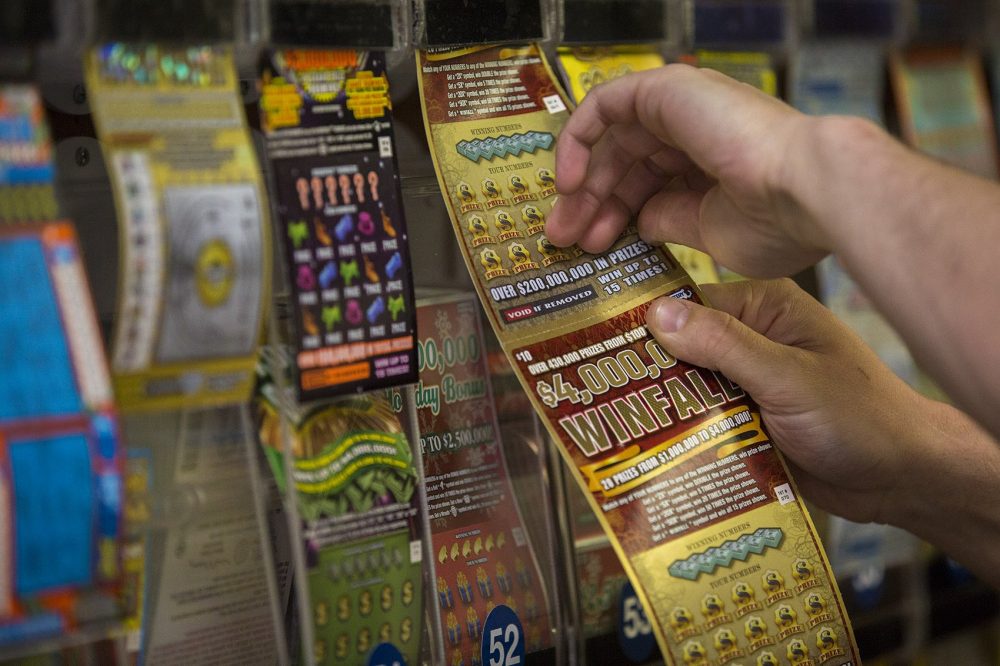Embarking on the journey of online lottery purchases can be both exciting and overwhelming, especially for those new to the digital lottery scene. To seize your chance at winning big, it is essential to understand the process and make informed decisions every step of the way. This comprehensive guide will walk you through the key aspects of buying lottery tickets online, ensuring that you approach your lottery endeavors with confidence and clarity. The first step in purchasing lottery tickets online is selecting a reputable and secure platform. Numerous websites and apps offer lottery services, so it is crucial to choose one that is licensed and regulated by relevant authorities. Look for platforms with positive reviews, strong security measures, and clear terms of service. Ensuring the legitimacy of the site helps protect your personal and financial information, providing a safe environment for your lottery activities.
Once you have chosen a platform, the next step is to create an account. This process typically involves providing personal information, such as your name, address, and date of birth, to verify your identity and ensure you meet the legal age requirements for lottery participation. After setting up your account, you will need to deposit funds to purchase tickets. Most online lottery sites offer various payment methods, including credit/debit cards, bank transfers, and digital wallets. Choose a payment method that suits your preferences and ensure that the transaction process is secure. With your account set up and funds in place, you can start exploring the available lottovip เข้าสู่ระบบ games. Online platforms often feature a wide range of lotteries, from local draws to international jackpots. Take the time to review the rules, odds, and prize structures of each game. Some lotteries may offer higher jackpots but come with lower odds, while others might have smaller prizes with better chances of winning. Understanding these aspects will help you make informed choices and select the games that best align with your goals.
When purchasing tickets, you typically have the option to select your own numbers or use a quick pick feature that generates random combinations for you. Both approaches have their merits, and the choice often comes down to personal preference. Quick pick options are convenient and eliminate the need for manual number selection, while choosing your own numbers allows for a more personalized touch. Additionally, some platforms offer syndicate options, where you can join a group of players to pool resources and share winnings, thereby increasing your chances of winning without a significant financial commitment. After purchasing your tickets, you can usually track the draw results directly through the platform. Many sites offer notifications or updates when results are available, so you can quickly check if you have won. If you do win, the platform will handle the distribution of your prize, typically crediting your account or offering secure payment options.
